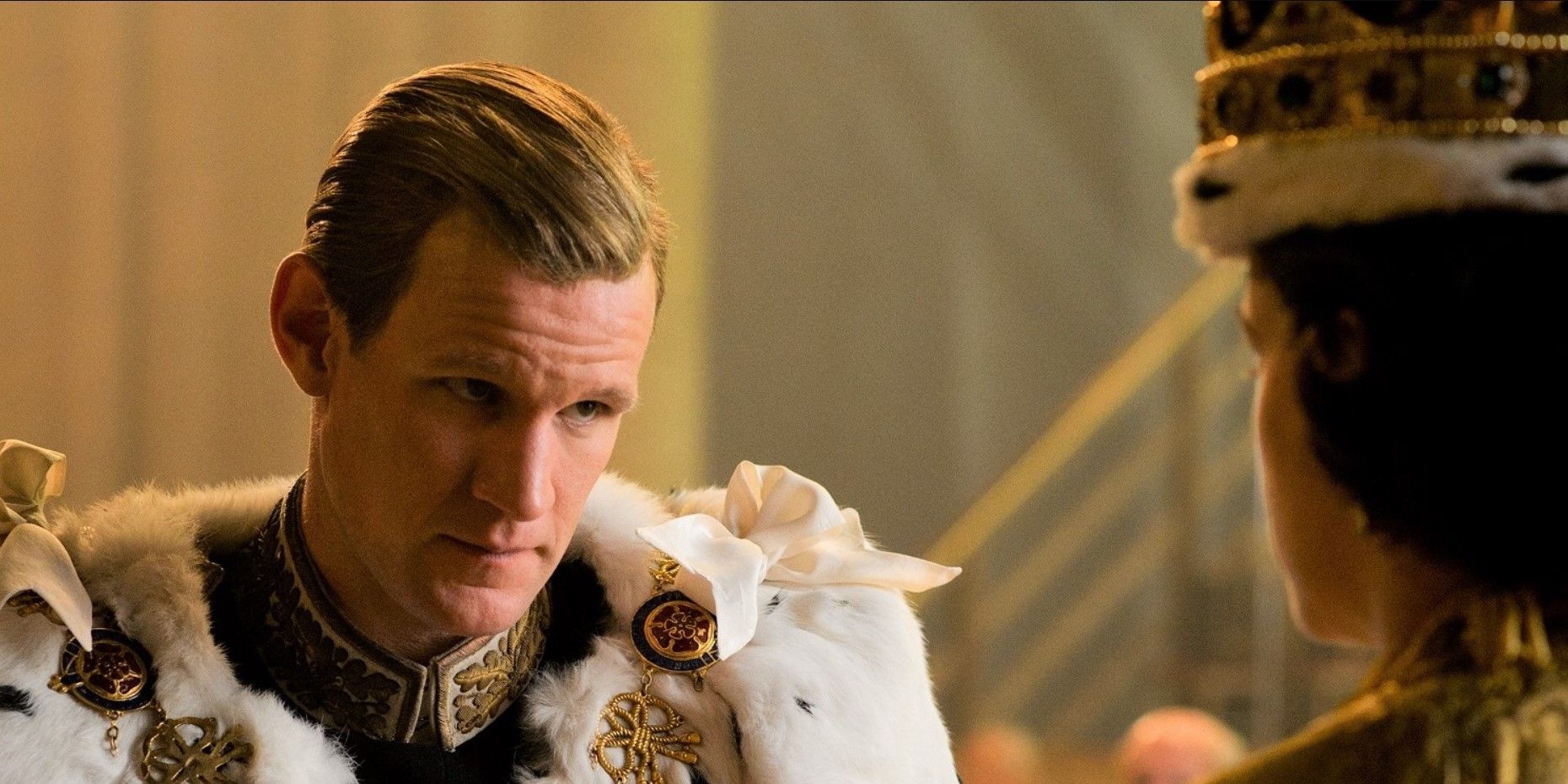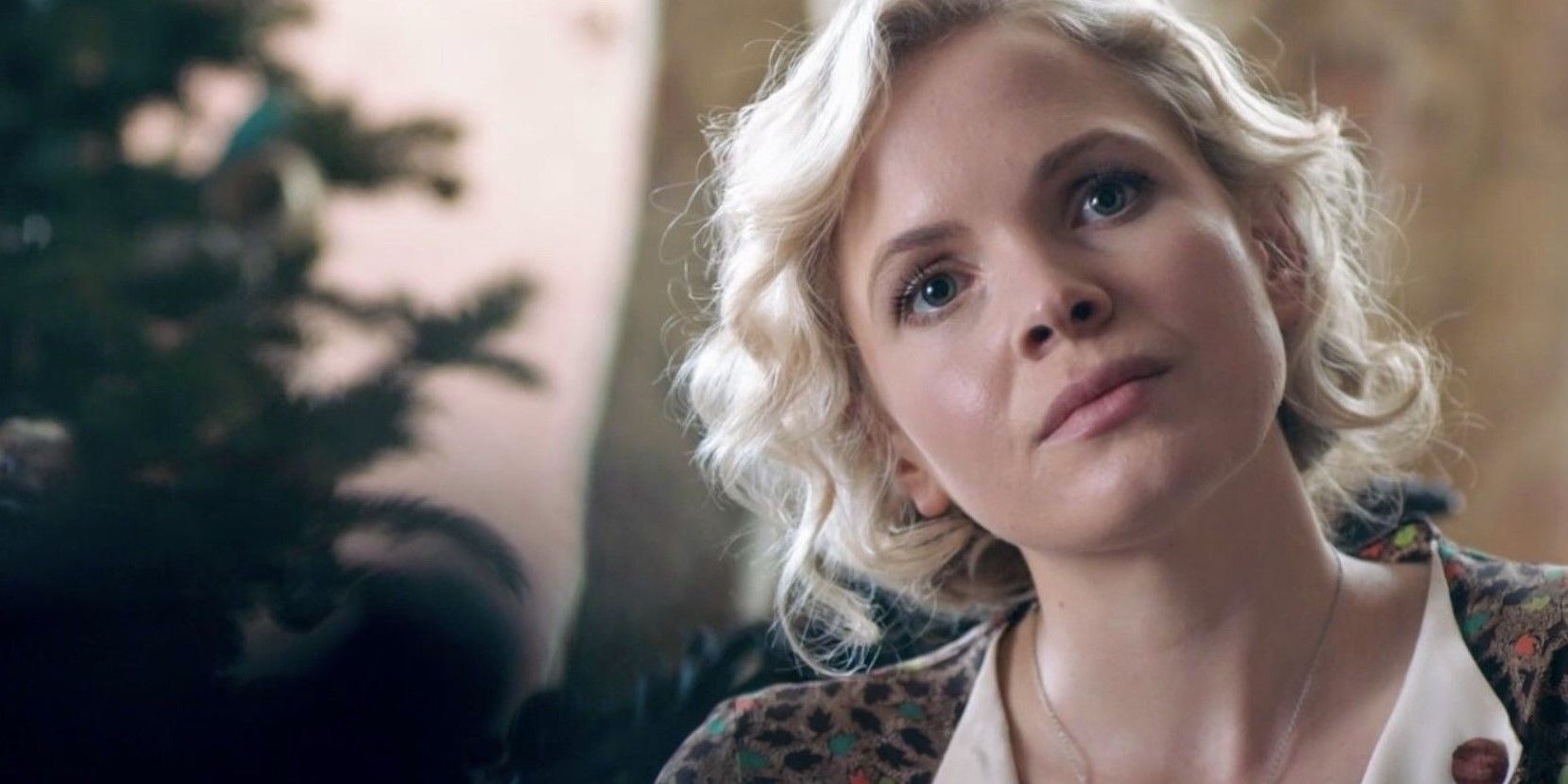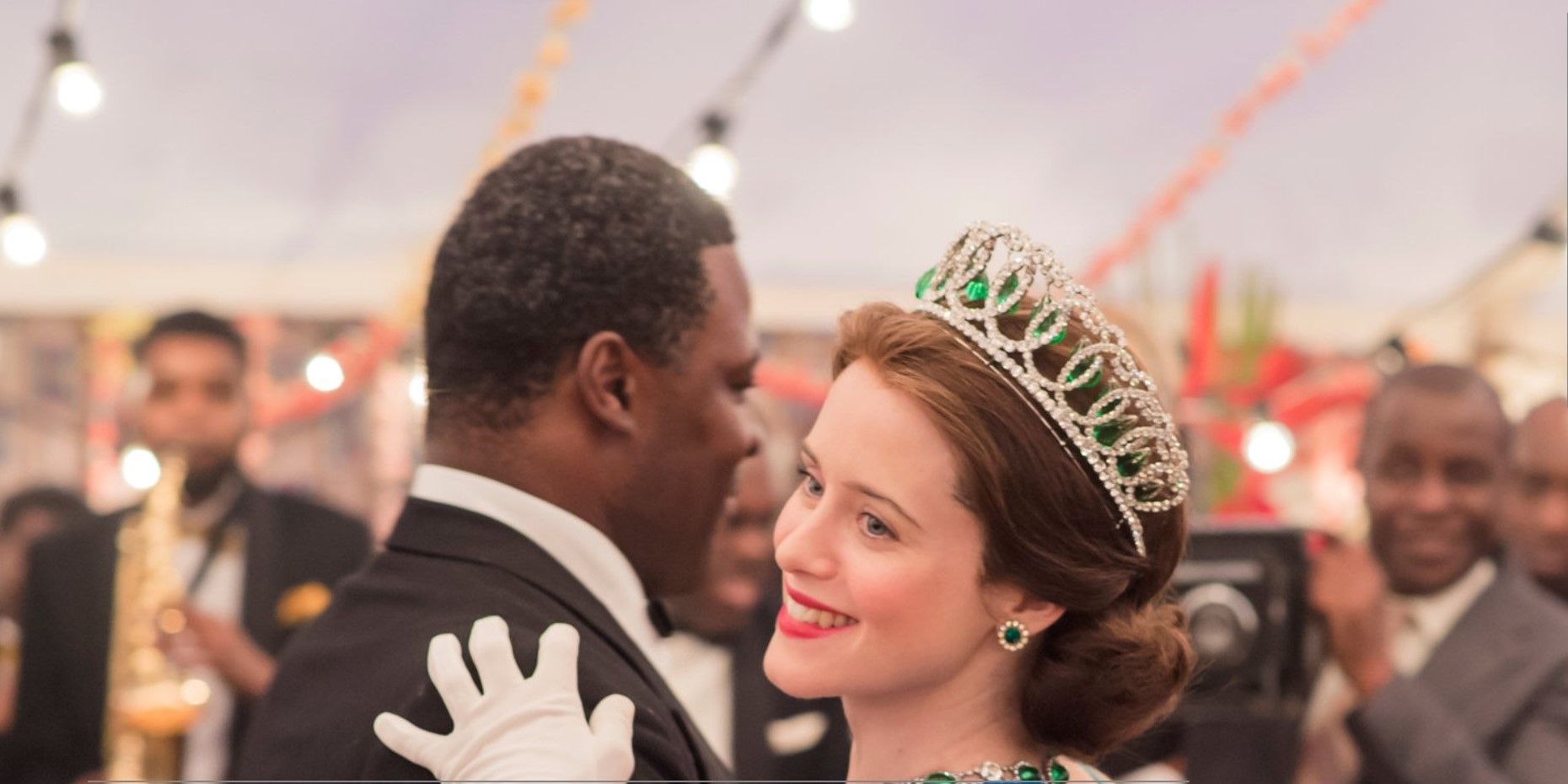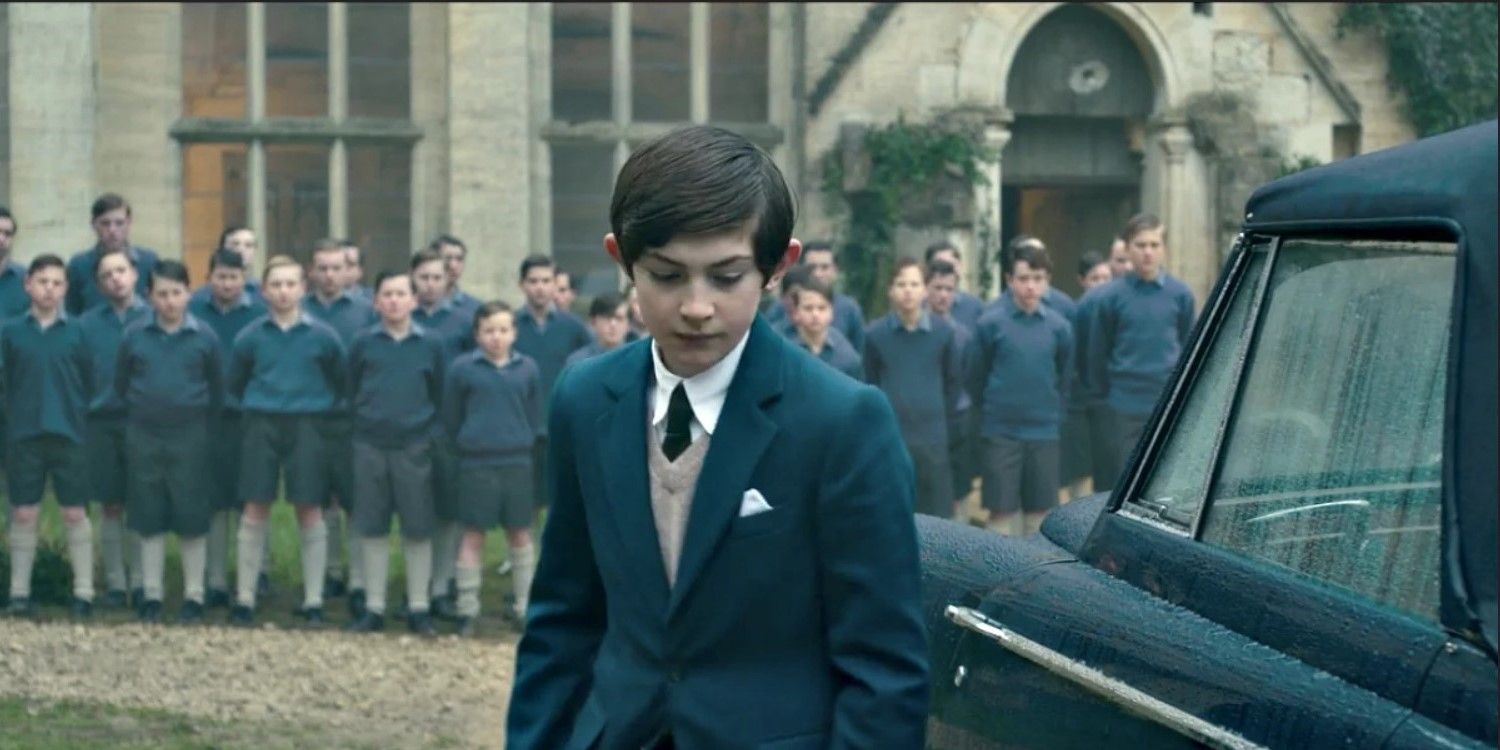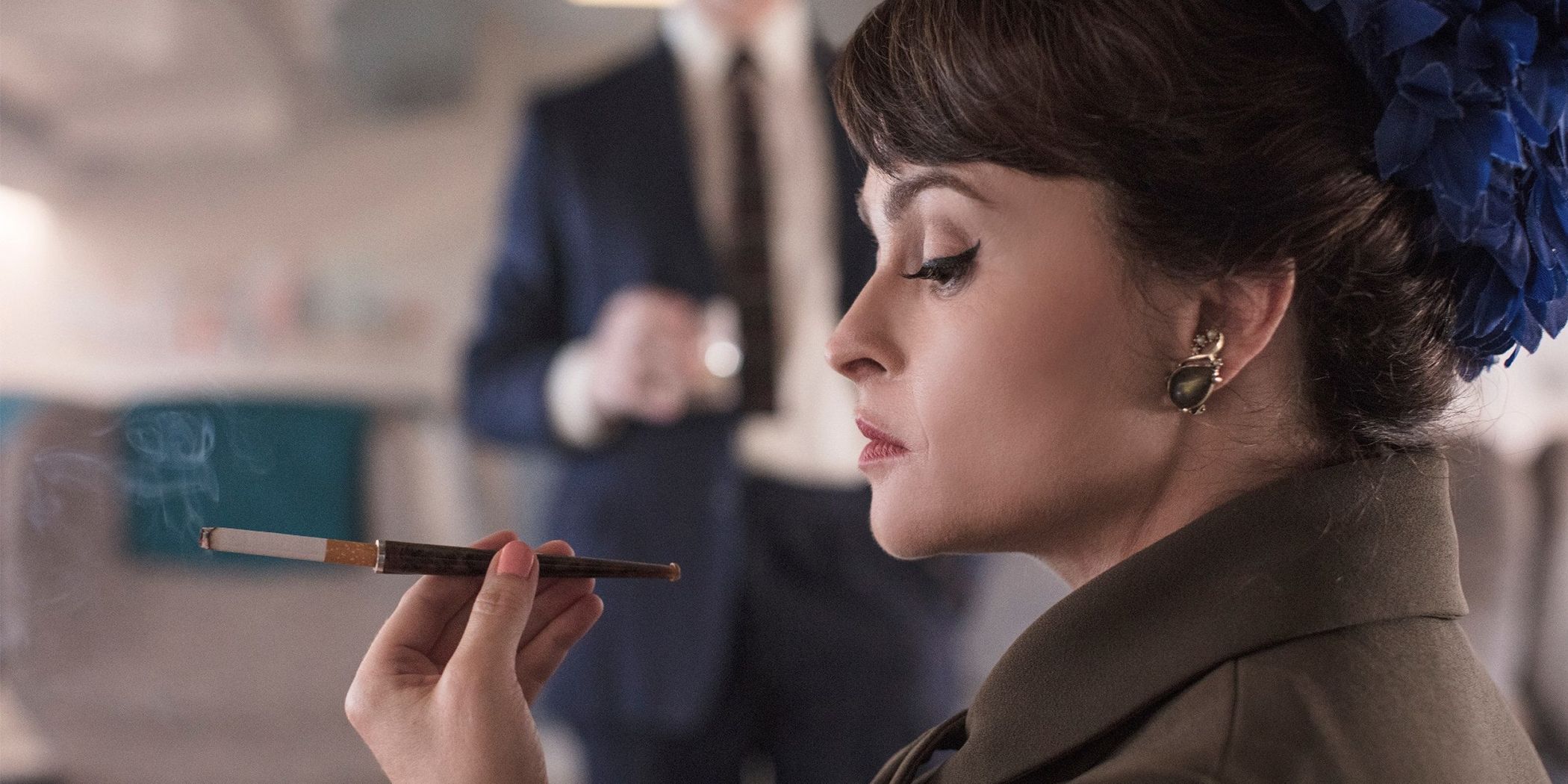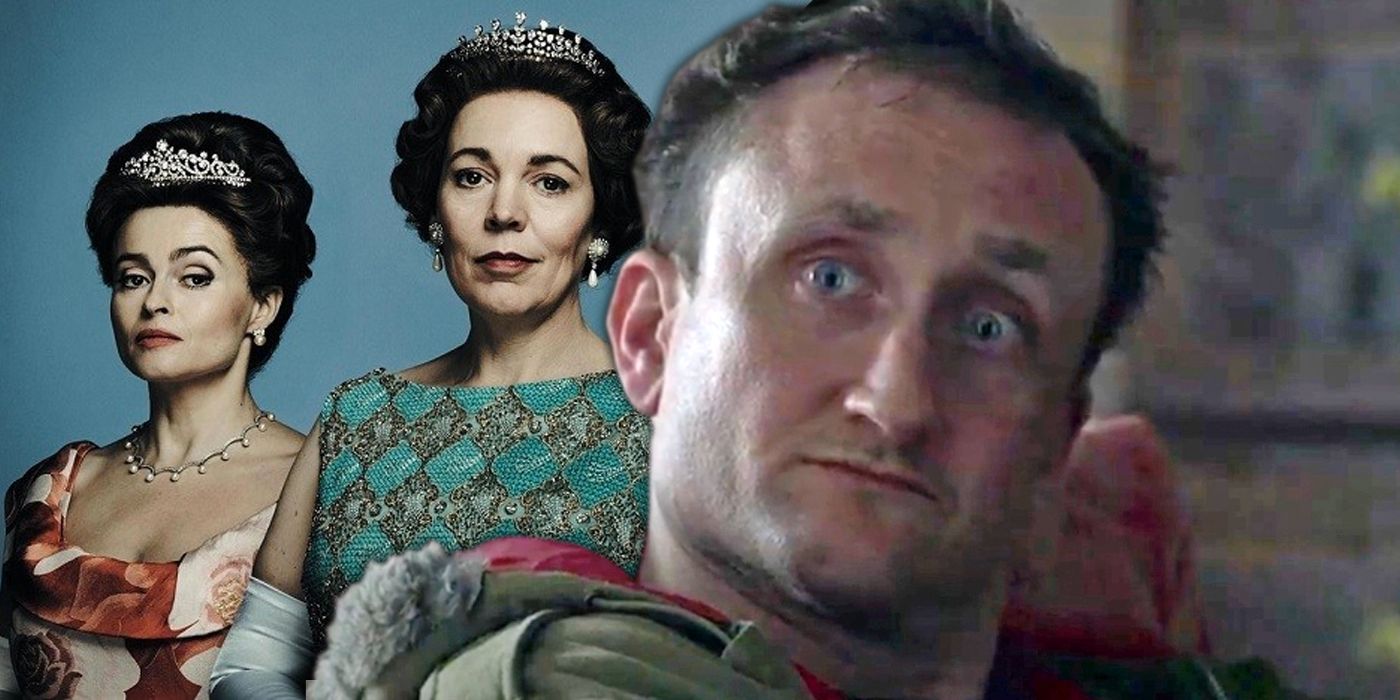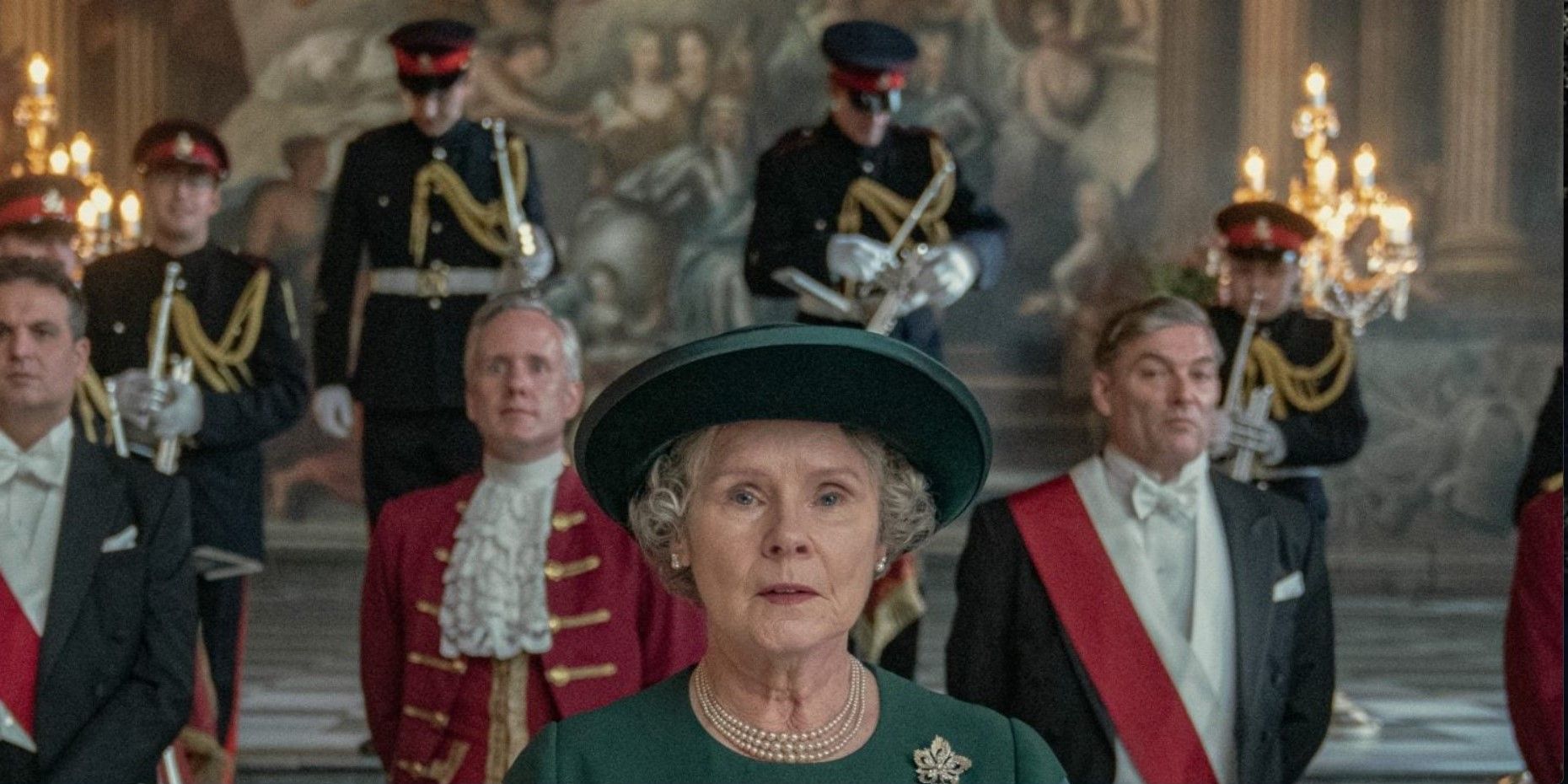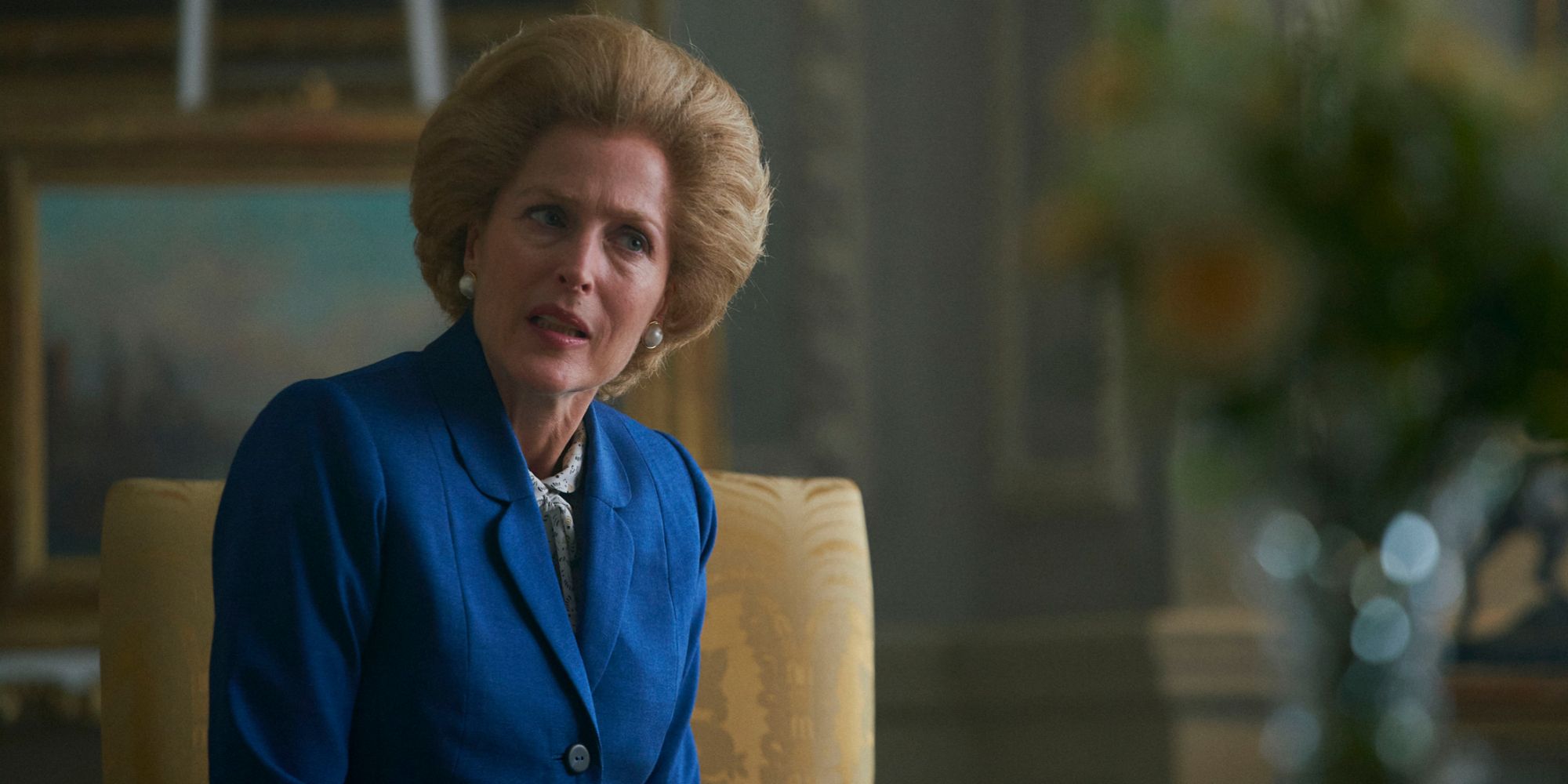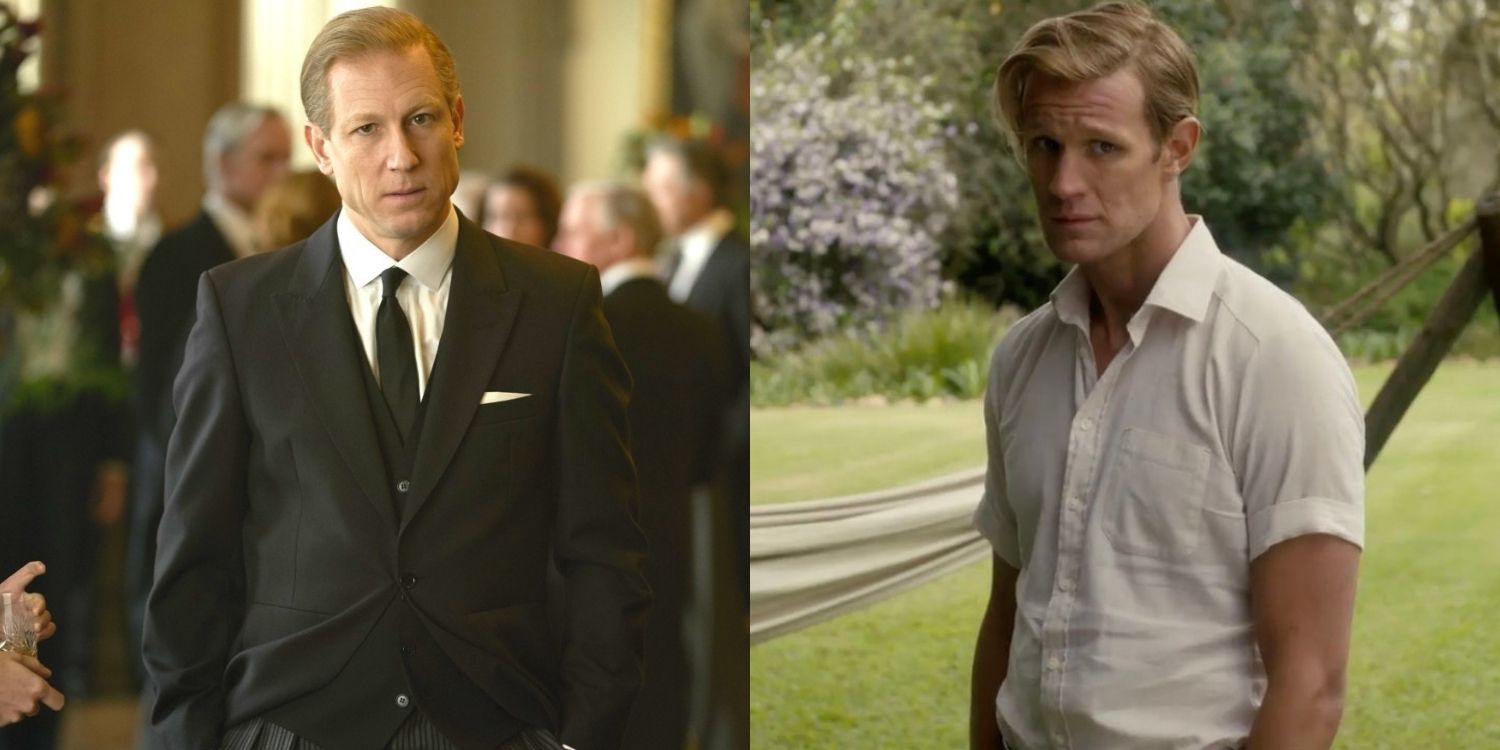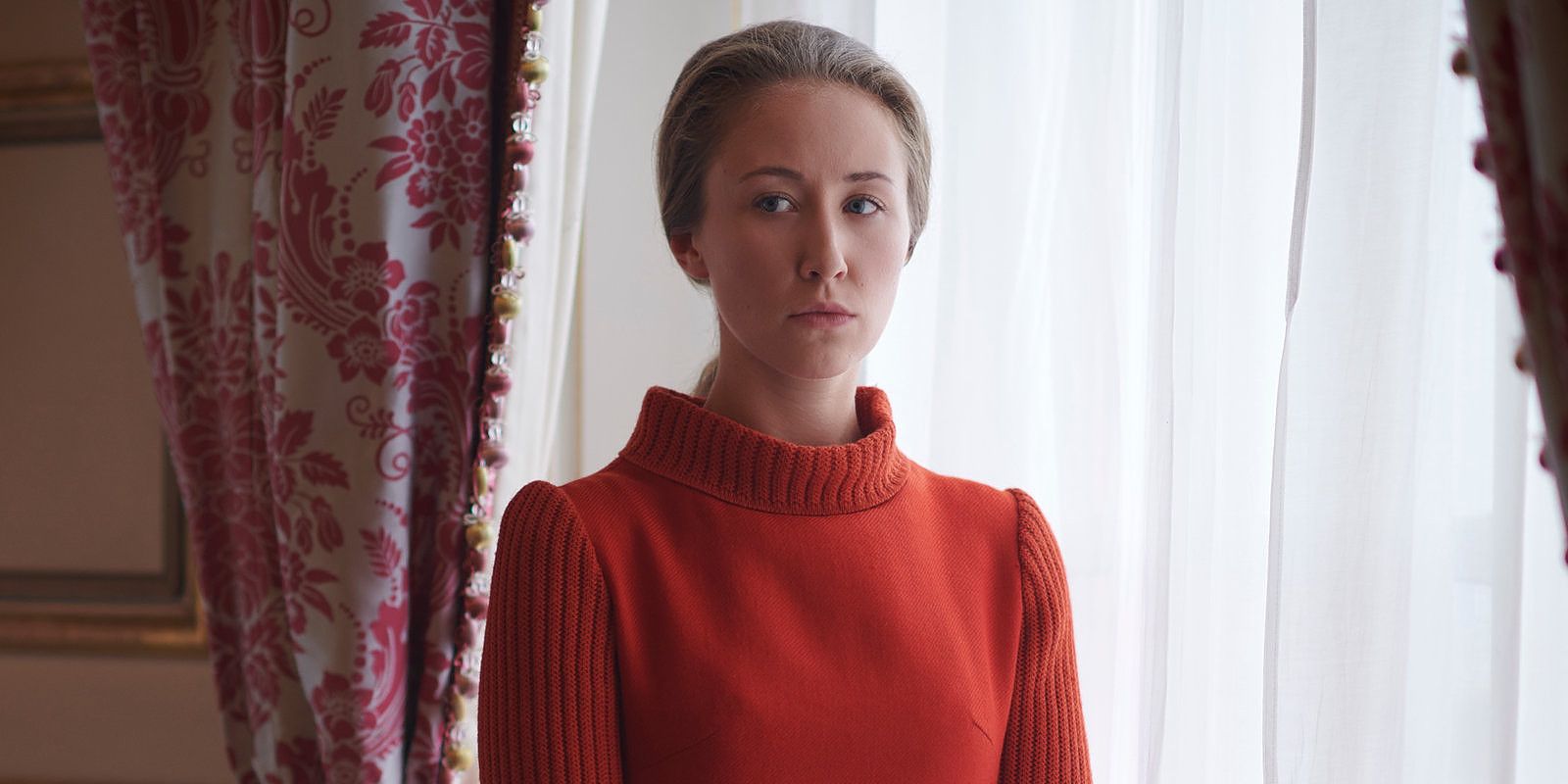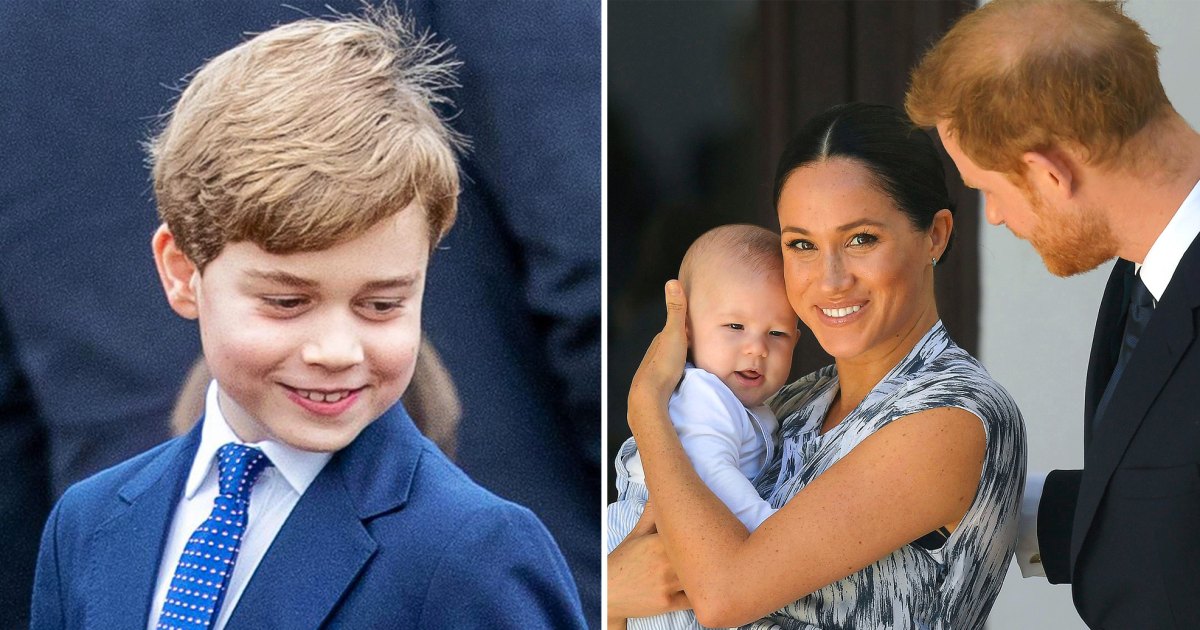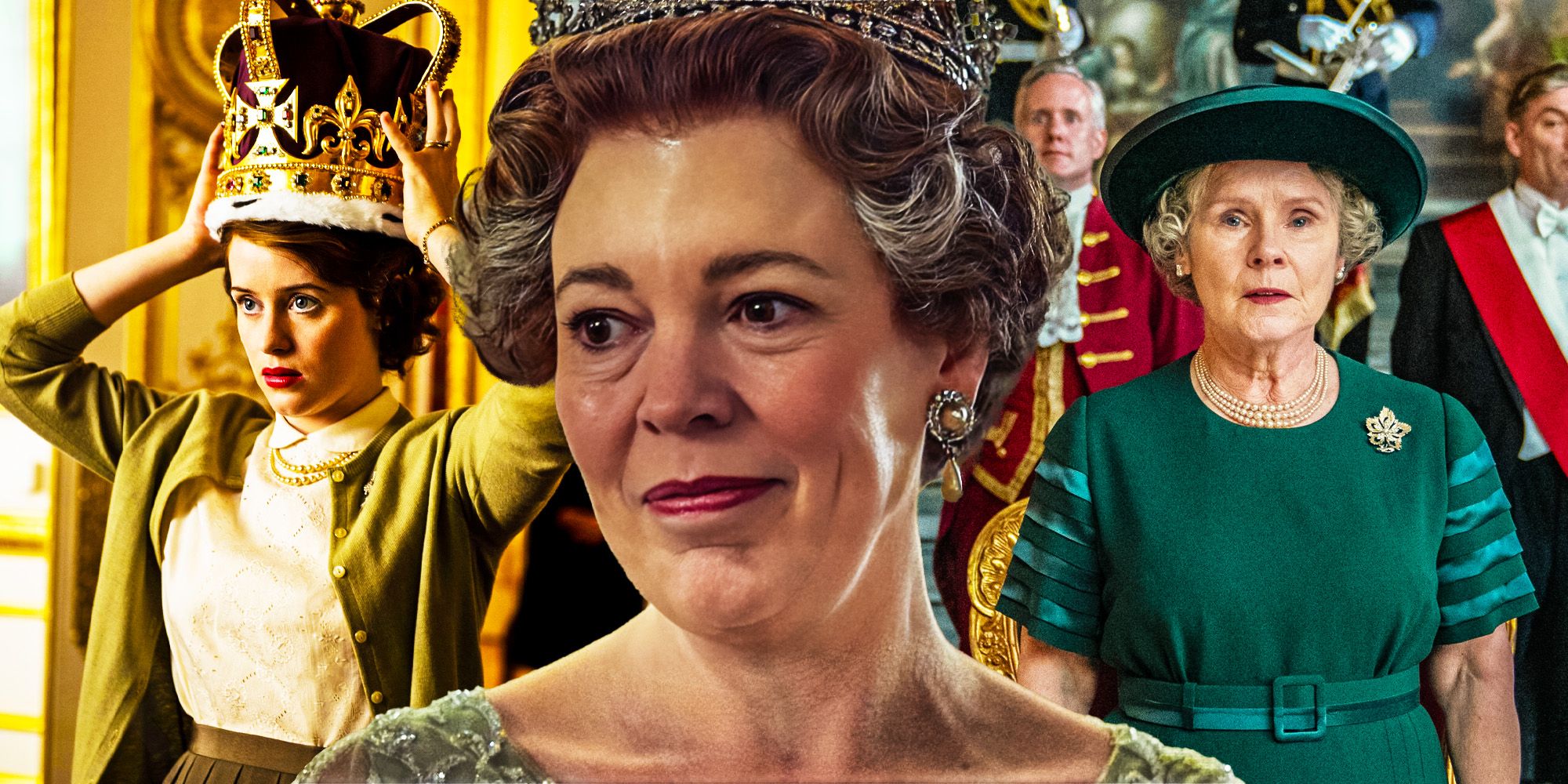
Unveiling the Unseen: The Secrets Behind The Crown's Jaw-Dropping Moments

Discover the shocking truth behind The Crown! Uncover the real stories behind these 10 jaw-dropping moments that diverged from reality Prepare to be amazed as we delve into the untold secrets and hidden discrepancies of this acclaimed series
The Crown, a critically acclaimed series that depicts the British monarchy, has captivated audiences worldwide. While the show is praised for its attention to detail, there are instances where it deviates from the truth. Despite being mostly accurate, the series takes artistic liberties in ten remarkable moments, offering a compelling insight into the contrast between fiction and reality. From the royal court to the corridors of power, The Crown presents a captivating narrative surrounding Queen Elizabeth II and her family. While the producers stay true to history, they also take creative liberties to enhance the drama and provide their own interpretation of events. These ten significant departures from history in The Crown, including altered timelines, fictionalized speeches, and revised characterizations, highlight the intriguing interplay between fact and fiction in one of television's most acclaimed series.
10 Prince Phillip Had No Problem Kneeling For Queen Elizabeth
The Crown meticulously depicts the early years of Queen Elizabeth's reign, capturing the splendor and challenges surrounding her coronation ceremony at Westminster Abbey. This pivotal event becomes a focal point of dramatic tension in the first season, primarily due to Prince Philip's involvement. Having personally experienced the exile of his own royal father during his youth, Philip becomes a strong advocate for modernizing the coronation process. He insists on the inclusion of cameras and pushes for significant changes. However, the show takes creative liberties when it portrays him objecting to kneeling before Elizabeth during the ceremony in season 1, episode 5, "Smoke and Mirrors."
In reality, there is no historical evidence suggesting that Philip had any issue with this customary act of reverence. He had a deep understanding of royal traditions, hierarchy, and duty, which he gained through his association with the British monarchy and his military background as a naval officer. Philip would have recognized the importance of ceremonial protocols and the hierarchical dynamics within the institution. Therefore, his objection to kneeling seems highly unlikely. While Philip's innovative ideas were controversial at the time, they proved to be necessary. For example, the inclusion of cameras at the coronation ended up being more beneficial than detrimental.
9 Churchill Didn't Lose A Secretary In The Great Smog
In "Act of God," the fourth episode of The Crown season 1, Winston Churchill (John Lithgow) forms a close bond with his secretary, Venetia Scott. Churchill greatly admires Venetia for her kindness and her dedication to improving the lives of others, while Venetia finds inspiration in Churchill's passion for public service. However, tragedy strikes when the Great Fog envelops London. Venetia's roommate falls seriously ill due to the fog, prompting Venetia to take her to a hospital. While there, she bravely offers to speak to Churchill about sending much-needed supplies. Unfortunately, her sincere gesture is met with ridicule, leading Venetia to experience overwhelming anger. In a moment of profound distress, Venetia steps in front of a bus and tragically loses her life.
Devastated by Venetia's death, Churchill channels his grief into action. He takes immediate measures to allocate funds and resources to aid the citizens during the deadly fog. Although this event is a fictionalized account in The Crown, it serves as a pivotal moment that ignites Churchill's subsequent actions. It is important to acknowledge that Venetia Scott is a fictional character and did not exist in real life. In reality, Churchill promptly offered assistance during the smog crisis, preventing a potential political turmoil. Nonetheless, the depiction of a crisis resolved through a friendship with a young woman adds a compelling dramatic element to the television series.
8 The Political Importance Of The Queen's Dance With Nkrumah Is Greater In The Crown
In The Crown season 2, episode 8, "Dear Mrs. Kennedy," Queen Elizabeth embarks on a controversial trip to Ghana to dance with President Kwame Nkrumah. This decision arises from her sense of provocation by the intellectual and glamorous Jackie Kennedy. Nkrumah is engaged in discussions with the Soviets for assistance in constructing a hydroelectric dam, which raises concerns among the British and American governments. Despite facing significant opposition from her ministers and even Phillip, Elizabeth persists with a diplomatic meeting, portrayed as a greater risk for her than for Nkrumah. Those close to her suspect that Nkrumah may be manipulating her to bolster his image.
Elizabeth and Nkrumah surprise the press and guests by dancing the Foxtrot together. Subsequently, Nkrumah decides to sever his ties with the USSR and instead align himself with the West. However, the dance itself has little to do with Ghana's politics. Socialist economic policies were already proving unsuccessful at that time. Ultimately, it is American and British private companies that provide financial support for the construction of the dam. Like Elizabeth, Nkrumah also faces risks in the meeting, as he too does not wish to appear weak. Despite remaining ideologically committed to socialism and receiving the Medal of Lenin, Ghana only fully aligns itself with the West after a coup in 1966 forces Nkrumah out of power.
7 The Depiction of Gordonstoun School Wasn't Quite Accurate
In The Crown season 2, episode 9, "Paterfamilias," Charles prepares to attend Eton, with his uncle Mountbatten going so far as to purchase his school clothes from their tailor. However, Philip firmly insists that Elizabeth uphold their agreement and allow him to oversee their children's education, particularly in the case of Charles. Philip strongly believes that Charles should receive a more grounded education at Gordonstoun, as opposed to the more traditional and privileged education offered at Eton. He is resolute in his belief that his own education shaped him into the man he is and desires the same for his eldest son. Regrettably, Charles proves to be quite different from Philip and is depicted as despising the strict educational environment provided by the TV-version of Gordonstoun.
In reality, Charles does indeed differ from his father in numerous ways, displaying a greater inclination towards intellectual and artistic pursuits rather than the sports that defined Philip's life. Consequently, he faces challenges at Gordonstoun, a school that places equal emphasis on physical education and academic pursuits. Nonetheless, Charles eventually recognizes the valuable lessons he learned about himself at the school and the determination it instilled within him. He actively participates in plays and recitals, receiving encouragement from his teachers in his artistic endeavors. Charles achieves respectable grades and even assumes the role of head boy at the school. It is important to note that Gordonstoun, contrary to popular belief, prioritizes the well-being of its students and is at the forefront of student welfare practices.
6 Margaret Didn't Want To Be Queen In Real Life
In The Crown, Queen Elizabeth is portrayed as a reserved and hesitant character when it comes to embracing her role as Queen. On the other hand, her younger sister Margaret is depicted as outgoing and enthusiastic about taking on the responsibilities of the Crown. In Season 3, Episode 2, "Margaretology," there is a powerful scene where Tommy Lascelles, a strict private secretary who has served multiple monarchs including Queen Elizabeth, sternly educates a young Margaret about the unchanging line of succession. In English history, the order of ascending to the throne is determined by birth order and, until 2010, gender, rather than personal preference. This principle remains steadfast, except for the case of Edward VIII.
Another poignant moment in that episode shows Queen Elizabeth expressing her desire to involve Margaret more in her duties as Queen, but she is discouraged from doing so. This deeply affects Margaret, leaving her disheartened. However, there is no historical evidence of Margaret expressing a desire to rule. Although she may not have been completely satisfied with her life, especially her romantic life, she did not aspire to become the Queen. Instead, Margaret found purpose in charitable activities, supporting the arts, and embracing her role as a prominent societal figure known for her fashion sense and style.
5 Michael Fagan's Visits Were Short And Not So Sweet
Michael Fagan, a divorced father living in subsidized housing, is portrayed in The Crown season 4, episode 5, "Fagan," as becoming increasingly frustrated with his difficulties in finding employment, the deteriorating state of his apartment, and the limited access he has to his children. He becomes more and more fixated on Queen Elizabeth, whom he believes is responsible for his problems. Eventually, Fagan breaks into Buckingham Palace on two separate occasions in 1982. During his first intrusion, he is quickly chased away, but he manages to reach the Queen's bedroom and wakes her up on his second attempt. In the show, Fagan has a conversation with the Queen, sharing his story and gaining her sympathy before being apprehended.
In reality, however, their interaction was minimal, with only a few words exchanged before the Queen called for the guards. This response is understandable considering the unknown level of danger Fagan posed. At that time, he did not face criminal charges because the laws regarding criminal trespassing did not apply to the palace until 2007. After the incident, it is revealed in the episode that Fagan was committed to a psychiatric institution for a few months. Nevertheless, his life continued to be plagued by legal troubles. He had multiple encounters with the law and ultimately served a four-year prison sentence on a drug-related charge.
4 The Annus Horribilis Speech Was Different In Real Life
Critics argue that the version of the speech presented in The Crown, specifically in season 5, episode 4, "Annus Horribilis," lacks the human touch that was evident in the original. The original speech did not include any references to past events or tributes to the Queen's family, unlike the altered version in the show. The address in question alludes to the tumultuous events of 1992, including the separation and divorces of the Queen and Prince's children, as well as a devastating fire that nearly consumed Windsor Castle. The separation of Prince Charles and Princess Diana was so acrimonious that it was referred to as "The War of the Waleses" in the media. Critics who are familiar with the authentic speech argue that it served as a powerful yet subdued plea for civility and empathy, specifically directed towards the press, whose coverage of the crumbling relationships had been relentlessly cruel.
3 Discontented Royals & Prime Ministers Didn't Try To Arrange Coups
In season 3, episode 5 of The Crown titled "Coup," Lord Mountbatten is approached by military and other leaders who suggest orchestrating a coup against the government. While the show portrays Mountbatten as receptive, historical evidence suggests that he dismissed the idea promptly, although he did protect those involved. It is possible that he had a tense conversation with the Queen, but there is no indication that she lost trust in him or believed he supported the coup.
In season 4, episode 10 titled "War," The Crown depicts the downfall of Margaret Thatcher. The episode shows Thatcher pleading with Queen Elizabeth to dissolve Parliament to prevent them from voting her out. However, in real life, the Queen denies that any such request was made. In season 5, episode 1 titled "Queen Victoria Syndrome," Prince Charles delights in a poll indicating that about half the country would prefer him as the monarch over Queen Elizabeth II. He pressures Prime Minister John Major to support his efforts in persuading the Queen to abdicate in his favor. However, both Charles and Major deny any conversation or plot of such nature taking place, although a poll like that did emerge in 1991.
2 There Is No Evidence Phillip Had Affairs In Real Life
In The Crown's second season, episode 5 titled "Misadventure," Queen Elizabeth is taken aback upon discovering a captivating photograph of ballerina Galina Ulanova in her husband Phillip's briefcase. Their marriage has experienced strain as Phillip transitions from being a celebrated war hero to the Queen's consort. Given his background as a naval officer, it proves challenging for him to relinquish his leadership role. Elizabeth learns from a gleeful Margaret that Phillip may know the dancer through their mutual connections in his social club. However, it is unlikely that Phillip has ever met Ulanova, and there is no evidence to suggest an affair.
In season 5, episode 6 of The Crown titled "Ipatiev House," Queen Elizabeth is depicted as feeling jealous of Phillip's friendship with Penny Knatchbull, a close family friend and Phillip's goddaughter. In a poignant conversation, Phillip even appears to acknowledge an emotional affair. In response, Elizabeth, though tightlipped, graciously invites Penny to a public event with the royal family. Nonetheless, Penny's relationship with Phillip remains nothing more than that of a trusted family friend. Despite decades of speculation from the press and public about potential affairs, there is no substantiated evidence linking Phillip to any extramarital relationships. While history shows that many kings and princes have engaged in affairs, there is no concrete or circumstantial connection directly implicating Phillip in such actions.
1 The Crown Excludes Princess Anne's Biggest Threat
During a drive home on March 20, 1974, Princess Anne and her then-husband, accompanied by her lady-in-waiting and bodyguard Ian Ball, encountered a harrowing experience that is inexplicably left out in The Crown. Ball, driving a small Ford Escort, cut off the royal car and forced them to stop in the middle of the Mall. Armed with a gun, he declared his intention to kidnap Anne for ransom. However, Anne fearlessly responded with defiance, stating, "Not bloody likely!" and bravely resisted Ball's advances. Inspector Beaton, who happened to be the sole security personnel present, also provided assistance to Anne.
The situation took a tragic turn when Police Constable Michael Hills arrived and was shot in the stomach. Ronald Russell, a former boxer and executive at a local cleaning company, stopped to lend a hand. Glenmore Martin, a passing motorist, played a crucial role by boxing in Ball's car, preventing his escape. Tabloid journalist John McConnell attempted to reason with Ball but was shot in the process. The growing presence of police and civilians unsettled Ball. Sensing an opportunity, Anne, displaying the same calmness she does in real life and as portrayed in The Crown, urged him to flee, which he eventually did. However, he was soon apprehended by Peter Edmonds, a temporary police detective. Thankfully, all the victims of the gunshots were able to make a full recovery.
